- Define exactly how the Google Ads auction works.
- Discuss the variables that influence the cost of a Google Ads campaign.
- Demystify the concepts you’ll need to understand in order to set a realistic budget for your Google Ads account.
Finally, I’ll wrap everything up into a neatly packaged “key takeaways” section just in case your head is in a spin after all of this (which is totally normal). But don’t worry, you’re going to be fine. Let’s get into it.
Why is there is no clear-cut Google Ads price?
As mentioned above (and precisely why we’ve written this guide), there is no simple or one-size-fits all answer to the question of how much Google Ads will cost your business. Google advertising costs can vary depending on your industry, customer lifecycle, and current trends (i.e. COVID-19).
Industry
For example, the business services vertical (legal, accounting, real estate, etc.) is one of the more competitive verticals in Google Ads, which generally translates into more expensive costs per click (CPC). This is due to the nature of the professional services industry: one new client could yield upwards of $1k-$10k depending on your business, so a CPC of $50 is a small price to pay for that client.
Read More: Facebook Ads
On the other hand, businesses in the arts and entertainment vertical have smaller CPCs, but they need to reach a lot more customers to hit that $1k-$10k number.
Customer lifecycle
You also have to take into account the lifecycle of your customer. For bigger ticket offerings, it takes longer for potential clients to move through the decision-making process, and your business needs to stay top-of-mind throughout that journey—which may involve multiple visits to your website, a content download or two, participation in a webinar, and more—before taking that final step.
Current trends
Neither consumer trends nor online advertising platforms are ever in a state of rest. It’s important to keep up with what’s going in your industry and within your niche—sentimentally and empirically. We release search advertising benchmarks each year to help you see where you stand in comparison to other advertisers in your industry.
Read More: Instagram Ads
Now that you have an understanding of some of the core influencers of Google Ads pricing, let’s get more technical (i.e. let’s dive into the inner workings of Google Ads).
How does Google Ads work?
In order to get a true grasp on what Google Ads will cost you, you first need to understand how the platform works. And one of the biggest misconceptions about Google Ads is that advertisers with the most money to spend have the most influence. While a bigger ad budget never hurts, Google Ads is actually a more level playing field than many new advertisers realize.
While a bigger ad budget never hurts, Google Ads is actually a more level playing field than many new advertisers realize.
The Google Ads auction
Google Ads functions in essentially the same way as an auction. Let’s take a look at how this process works.
When a user types a word or phrase (known as a search query) into the Google search bar, Google then looks to see if that query contains keywords that advertisers are currently bidding on. If Google Ads advertisers are actively bidding on any of the keywords in the user’s search query, the ad auction begins.
Ad Rank
Google will l then calculate each contending ad’s Ad Rank, which determines if and where your ad will be placed in the paid results section. Ad Rank is calculated by your maximum bid and Quality Score:
Your Quality Score is dependent on a number of variables, which warrants an entirely separate post. In fact, we have several. Here are some of them that can help you learn more about how Google determines the Quality Score of your ads:
- What Is Quality Score and How Does It Affect PPC?
- What is a Good Quality Score for Each Type of Keyword?
- How Quality Score Affects Cost-Per-Conversion
Okay, back to the Google Ads Auction. Once your Quality Score and Ad Rank have been calculated, Google uses this data to determine how much you’ll pay each time someone clicks on one of your ads. This formula looks like this:
Notice how Advertiser 1 can pay less than Advertiser 4 and still achieve a higher position due to their better Quality Score? This is how Google Ads works in a nutshell, and why advertisers with a small budget are able to advertise just as effectively on Google as big-budget companies.
Thanks to the Google Ads auction algorithm, small-budget businesses are able to advertise just as effectively on Google as big-budget companies.
Additional variables in the Google Ads auction
There are several other variables that impact your Ad Rank—and ultimately, your ad spend—but maximum bid and Quality Score are the important ones to know. Here are some (but certainly not all) of the additional factors that influence your Ad Rank:
- Ad relevance
- Landing page relevance and experience
- Auction-time quality
- The device, location, and context of users’ searches
- Alternative bidding methods
- Alternative ad formats
Now that we’ve covered the paid search marketing basics—namely, how the Google Ads auction works and how Quality Score relates to Ad Rank—let’s move on to the next component of Google Ads cost: budgeting.
The first step towards reducing your Google Ads costs is finding out where you’re struggling.
How does my Google Ads budget get spent?
A common (and unfortunate) scenario many new Google Ads users find themselves in is that of their ad budget getting spent much more quickly than they had anticipated. To see what you allocated for the month get burned up in a matter of days is not only disconcerting; it’s also what causes many businesses to believe that Google Ads is prohibitively expensive. This isn’t necessarily the case; more often than not it’s the result of a misunderstanding of how Google Ads budgeting works. So let’s set the record straight.
Starting your Google Ads budget
In general, you can think of your Google Ads budget the same way you would any other budget: You start with a core figure that will represent the majority of your budget, then allow a little leeway in case things change or something goes wrong. For Google Ads budgeting in particular, a solid approach to start with is budgeting on a per-campaign basis. Let’s start with daily budgets.
For Google Ads budgeting in particular, a solid approach to start with is budgeting on a per-campaign basis.
Daily budgets
Each of your Google Ads campaigns has its own settings tab where you can control specific parameters of each campaign independently of other campaigns in your account. As such, each of your campaigns should have their own daily budget. If you’re running several campaigns simultaneously, make sure to prioritize them so you can spend your budget wisely. For example, Campaign A advertising your best-selling product may be more important to your business than Campaign B, which promotes content to prospective customers at the top of the funnel. In this case, you’d likely want to allocate a larger daily budget to Campaign A.
If you’d like to plan a monthly PPC budget, all you need to do is calculate the breakdown of daily budgets for each campaign, and allocate your funds depending on the priority of each campaign. (You can now set a monthly spend limit too!)
How daily budgets get spent
Let’s say you have an ad with a CPC of $0.25, and that you’d like to receive 300 ad clicks per day. Using these figures, you can calculate an estimated daily budget:
$0.25 x 300 = $75
In this example, $0.25 is the most that you’d be charged if $0.25 is your maximum CPC. However, the actual amount you could be charged per click can change, depending on the variables of each individual ad auction.Just remember that if you set your maximum CPC at $0.25, you’ll never pay more than that for a click, but you could end up paying less.
Just remember that if you set your maximum CPC at $0.25, you’ll never pay more than that for a click, but you could end up paying less.
Sounds simple enough, right? Well, no. There are several variables involved in how your Google Ads budget gets spent.
What other factors influence my Google Ads spend?
Just as their are factors that influence your Quality Score, which influences your Ad Rank, which influences your cost per click, there are factors that influence how your budget gets spent.
Dayparting
Also known as ad scheduling, dayparting is the practice of specifying when you want your ads to appear to prospective customers. Although your ads will still have to go through the ad auction process, you can tell Google when you want your ads to be displayed.
This is especially useful for local businesses that want to attract customers to a physical location through their ads. If you run a bakery that closes at 7pm, for example, you may not want your ads to be shown outside your normal business hours. Alternatively, you can specify that your ads run continually throughout the day, but allocate a greater portion of your daily budget for hours during which you want increased visibility.
To learn more about dayparting and ad scheduling, check out this guide.
Dayparting is especially useful for local businesses that want to attract customers to a physical location only during their operating hours.
Geotargeting
Just as you can allocate more of your Google Ads budget to certain times of day, you can also spend more of your budget on certain geographical areas. This technique is known as geotargeting.
Geotargeting allows you to prioritize the display of your ads to searches coming from specific areas. These areas can be as large as a state or province, or as small as a three-block radius from your store.
Google Ads geotargeting can be an excellent way to capitalize on growing mobile traffic trends and on-the-go shopping habits of today’s consumers, and it might factor into how you allocate your daily ad budget. For example, you may want your ads to appear alongside relevant searches in a particular state, but you could also allocate more budget to searches conducted in a specific city or even neighborhood.
To learn more about geotargeting and local PPC, check out this guide.
Google Ads geotargeting is an excellent way to capitalize on the growing mobile and on-the-go shopping habits of today’s consumers.
Device targeting
Long gone are the days when prospects searched exclusively from desktop browsers. Today, consumers are searching online across multiple devices (often at the same time), which means you need to pay attention to where your most valuable leads are coming from. This is where device targeting comes into play.
Let’s say that you want to appear on results across both desktop and mobile searches, but that mobile traffic is more valuable to you. You could specify that a portion of your budget be used for desktop, but a greater portion be allocated to mobile devices. You may even want to devote more money to traffic coming from specific types of mobile devices, depending on what you’re advertising or your ad copy.
Setting a daily budget and understanding how it will be depleted are the most important aspects of budgeting for PPC, but it pays to be aware of how advanced targeting options can affect your ad spend.
Google Ads pricing: how much does a typical click cost in Google Ads?
Once you know how the Google Ads process works and how to set your budget, it makes sense for your next question to be, “How much does a typical click cost?” Unsurprisingly, the answer is complicated. But we’re going to break it down.
The key influence on pricing in Google Ads: keywords
In some ways, you can think of PPC advertising roughly along the same lines as traditional print advertising; you’d expect to spend more on a glossy full-page ad in a national magazine than you would for a classified ad in a local newspaper. In digital marketing, however, the pricing isn’t influenced by the format of the ad, but rather the commercial intent of and competition for the keywords you’re bidding on. Some keywords are significantly more expensive to bid on than others, depending on how competitive the market is, and it’s important to realize this before launching a PPC campaign.
In digital marketing, pricing isn’t influenced by the format of the ads, but rather the commercial intent of and competition for the keywords they are bidding on.
In super-competitive markets like legal and accounting, clicks can get much pricier than the average of $1 to $2. Let’s take a look at some keyword benchmarks in Google Ads to give you an idea of how much a click can cost for your business.
What is the average CPC in Google Ads?
If you take the average CPCs across all different types of businesses and keywords in the US, the overall average CPC in Google Ads is between $1 and $2. That’s on the Search Network. On the Google Display network, clicks tend to be cheaper, averaging under $1.
However, in super-competitive markets, clicks can get much pricier. Let’s take a look at some of the most expensive keywords in Google Ads and Bing to give you an idea of how much a click can cost if you’ve got deep pockets.
What are most expensive keywords in Google Ads?
As Google owns the largest paid search platform, we’ll focus on Google Ads first.
Listed below are the most expensive keyword categories in Google Ads, and the average cost-per-click of each. It’s worth noting that these are keyword categories, not actual keywords themselves—in some cases, the CPCs of keywords within each category may be higher than the averages stated:
- Insurance – $54.91
- Loans – $44.28
- Mortgage – $47.12
- Attorney – $47.07
- Credit – $36.06
- Lawyer – $42.51
- Donate – $42.02
- Degree – $40.61
- Hosting – $31.91
- Claim – $45.51
- Conference call – $42.05
- Trading – $33.19
- Software – $35.29
- Recovery – $42.03
- Transfer – $29.86
- Gas/Electricity – $54.62
- Classes – $35.04
- Rehab – $33.59
- Treatment – $37.18
- Cord blood – $27.80
We then ran a second report a few years later. The results were similar, but we did see some new highly expensive keyword niches on the list, and also that average CPC’s (unsurprisingly) had gone up. You can check out the list of the top 25 most expensive keywords here.
What are the most expensive keywords in Bing Ads?
As Bing is growing in market share, we decided to conduct a similar study to find the most expensive keywords in Bing Ads.
Listed below are the most expensive keyword categories in Bing Ads, as well as the average cost-per-click for each:
- Lawyers – $109.21
- Attorney – $101.77
- Structured settlements – $78.39
- DUI – $69.56
- Mesothelioma – $68.95
- Treatment – $67.46
- Annuity – $67.31
- MBA – $62.78
- Phone – $53.94
- Insurance – $53.14
- Diploma – $52.73
- Rehab – $49.67
- Cloud – $49.52
- Accounting – $44.82
- Exterminator – $44.66
- Mobile – $43.04
- Business – $40.75
- Repair – $39.80
- Plumber – $36.97
- Podiatry – $29.89
Of course, these are just some of the hundreds of thousands of keywords that businesses all over the world are bidding on, and costs can vary widely depending on a wide range of factors. Even if you’re in an industry with high average costs-per-click, such as insurance or legal services, it doesn’t necessarily mean you’ll be forced to pay these amounts for each click on your ad.
Overall, the average CPC of keywords across all industries typically ranges between $1-2—significantly less than the averages from Google Ads and Bing listed above.
Furthermore, it’s important to take ROI into account. These industries can afford high CPC’s because the average lifetime value of a customer is so high.
What is the cost-per-click for long-tail keywords?
People sometimes like to point at the grand, show-stopping keyword categories above as a definitive example of how expensive PPC can be. The reality, however, is that these keyword categories only make up a small portion of total search volumes. Long-tail keywords actually account for the majority of Web searches.
Let’s take another look at the list from Bing Ads above. See the keyword category “Exterminator”? This category has an average CPC of $44.66. While some users may indeed perform a search for “exterminator [their town]” if they discover their house is infested with pests, other users may opt for a different approach—one that yields opportunities for the smart advertiser.
What if someone performed a search for the long-tail query, “How to get ants out of my kitchen”? They could be looking for do-it-yourself advice on how to rid their kitchen of ants, but they might also be open to seeing an ad for an exterminator (and if you’ve ever tried to keep ants out of a kitchen, this scenario suddenly becomes a lot more plausible).
This is the kind of opportunity that long-tail keyword targeting presents to advertisers. In addition to making up the vast majority of searches, long-tail keywords are also often significantly cheaper than shorter keyword-rich queries and can have as much —if not more—commercial intent.
You can learn more in this guide to long-tail keywords.
How much do typical businesses spend on Google Ads?
Usually, once someone has asked about the average cost-per-click of a PPC ad, their next question will be how much do “typical” businesses spend on Google Ads as part of their larger online marketing costs. Unfortunately, this is another question without an easy answer. However, that doesn’t mean I can’t tell you a little bit more about how much a “typical” business spends on paid search. First, we need to look at overall spend data by industry.
If you look at the average CPC data above, you’ll see that the top five most competitive terms are found in insurance, online education, marketing & advertising, legal, and internet & telcom.
WordStream performed a similar study several years ago and at that time, the top five spenders were finance & insurance, retailers & general merchandise, travel & tourism, jobs & education, and home & garden. When looking into the overall spend of these and other industry verticals, we also saw that there was a degree of overlap between the average CPC of a keyword category and the total spend in that industry.
As you can see, companies in the insurance, online education, and marketing & advertising industries spend the most per month on Google Ads, with insurance at the top by a wide margin. Individual companies in these industries often spend $40 to $50 million a year on Google Ads! Of course, this isn’t exactly relevant information to would-be advertiser who’s still on the fence about Google Ads. These are big brands that bear little resemblance to small businesses with smaller budgets such as (potentially) yours. What’s important to know is that you don’t need to spend millions on Google Ads to make it work for your business.
How much do small businesses spend on Google Ads?
To answer this question, we asked one of WordStream’s Customer Success Managers about how much the average WordStream client spends on PPC per month. As you might expect, the amount that our clients spend on PPC varies widely. Some, such as small businesses, spend around $1,000 per month whereas others, such as PPC management agencies, spend upward of $30,000 per month.
When you take the entirety of WordStream’s client base—from the very smallest mom-and-pop-shop to the mid-sized PPC agency—you get an average of $9,813 per month spent on PPC advertising.
That’s still a pretty wide range, but you can at least orient yourself with respect to where you fall on the specturm.
What other costs are involved in Google Ads?
Your ad budget will always be the largest, most direct cost associated with your Google Ads campaigns. However, while your ad budget is important, it’s not necessarily the be-all and end-all of your paid search efforts. There are other potential costs you may have to consider, depending on your business, marketing goals, and individual situation.
Agency costs
Some small businesses opt to have an agency handle their PPC work for them. This approach offers several benefits, such as minimal personal investment of time and effort in actually managing your PPC account. Agencies can also boast many years of experience in PPC account management, making them trustworthy partners who can offer expert advice and guidance.
However, agencies don’t come cheap. Even smaller boutique agencies will take a percentage of your ad spend, regardless of ROI. Some agencies may guarantee a threshold ROI, whereas others won’t. Agency cuts typically hover around the 10% mark, though this varies from one agency to another.
There’s a lot more than price to consider when choosing an agency.
Obviously it’s in the agency’s best interests to deliver results (to reduce churn and retain clients), but even if your ads don’t result in any conversions, you’ll still have to pony up and pay your agency unless it’s explicitly stated otherwise in your contract.
Key takeaways for understanding Google Ads costs
We’ve covered a lot in this guide, so let’s go over the key takeaways that you can use to orient yourself in terms of what you could spend in Google Ads.
- Before even getting into calculations, the cost of Google advertising for a business will depend on its industry, customer lifecycle, and current consumer trends.
- Google Ads is based on an auction system that rewards high-quality ads with lower costs and better ad placement.
- You can exercise tight control over how your Google Ads budget is spent using tactics like ad scheduling, geotargeting, and device targeting.
- The average cost per click in Google Ads is between $1 and $2 on the Search Network.
- The average CPC on the Display Network is under $1.
- The most expensive keywords in Google Ads and Bing Ads cost $50 or more per click. These are generally highly competitive keywords in industries that have high customer lifetime values, like law and insurance.
- Giant retailers can spend up to $50 million per year on paid search in Google Ads.
- The average WordStream client (small- to mid-size business) spends anywhere from $1,000 to $10,000 per month on their Google paid search campaigns. That’s $12,000 to $120,000 per year.
Is the Google Ads price right for you?
As I’ve stated throughout, there are numerous factors that can have a significant impact on the cost of running a PPC campaign, but remember: almost any type of business can make Google Ads work for them! If you’re not sure about anything I’ve covered in this guide, or if you have specific questions, leave a comment and we’ll answer them as best we can. #KhabarLive #hydnews


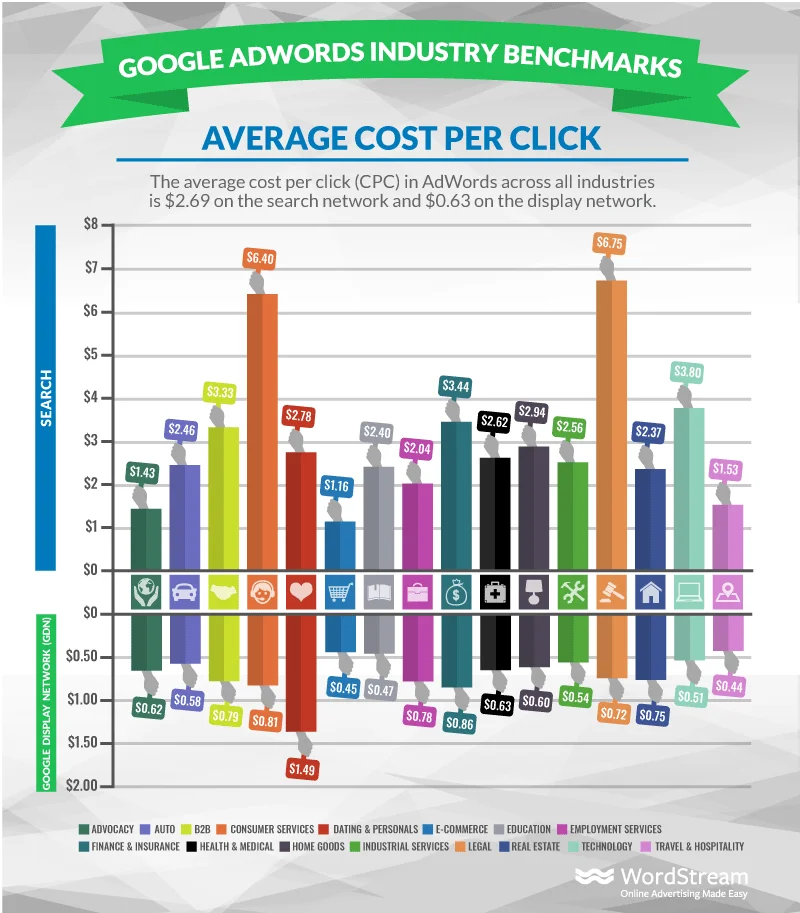
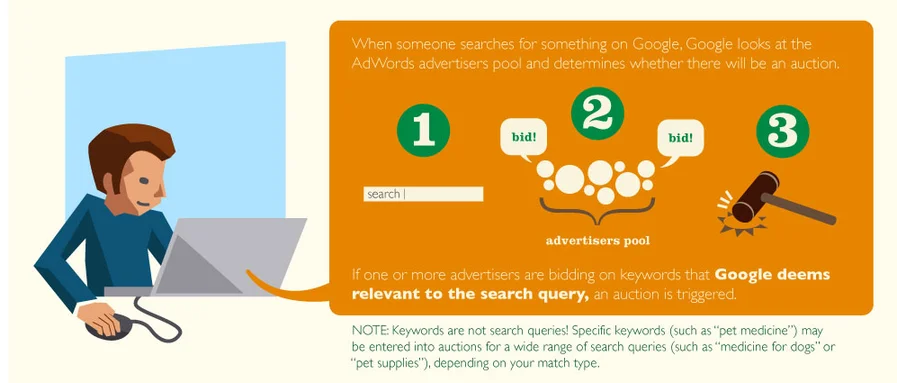


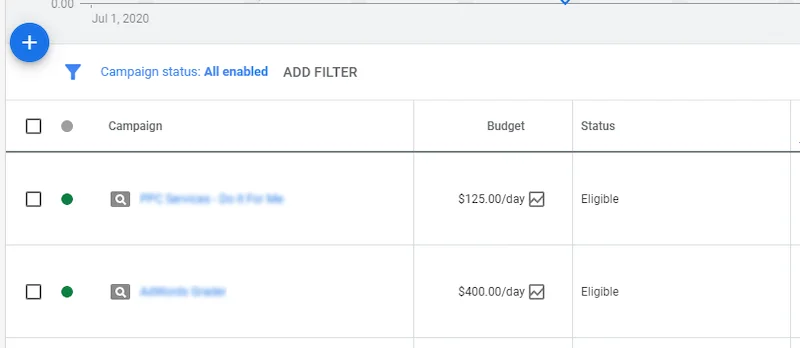
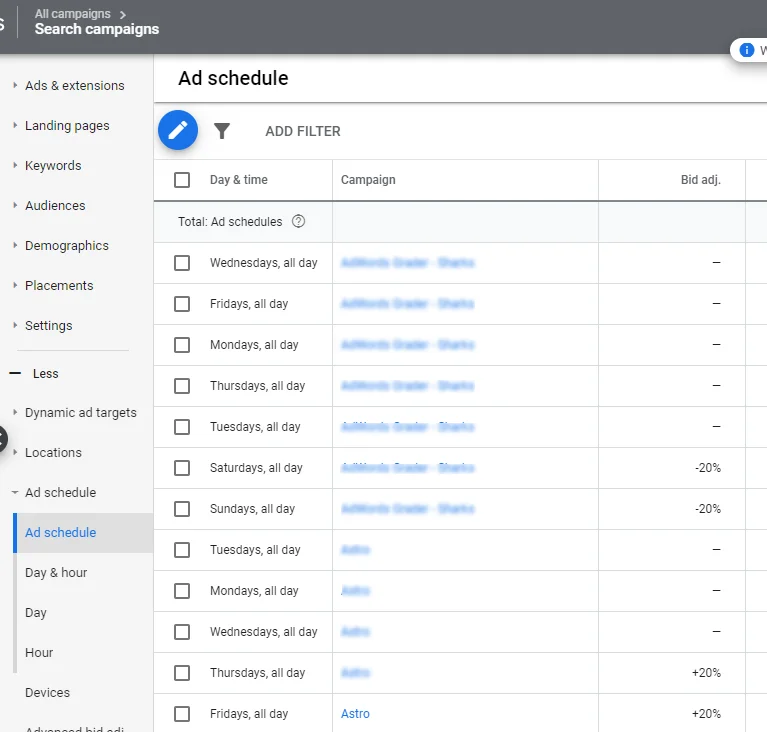
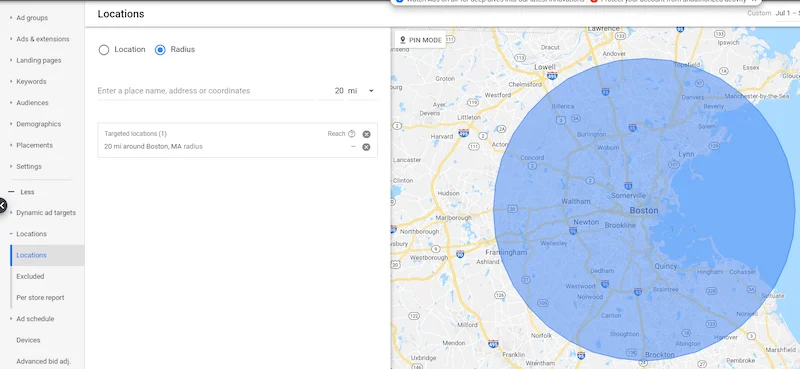
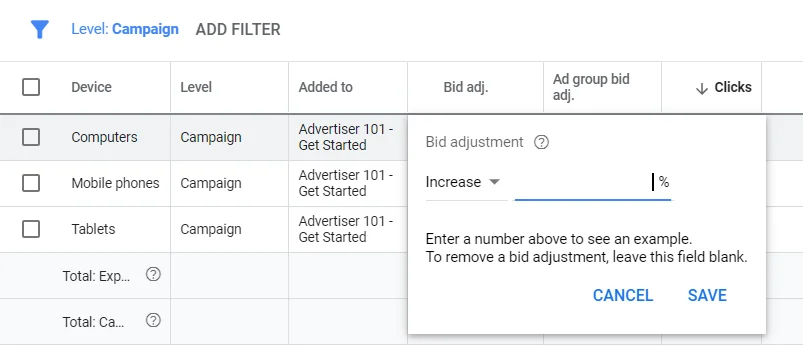
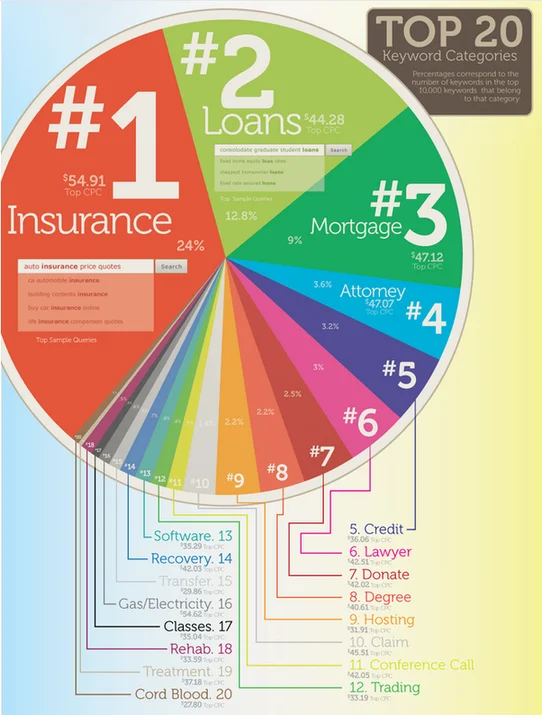
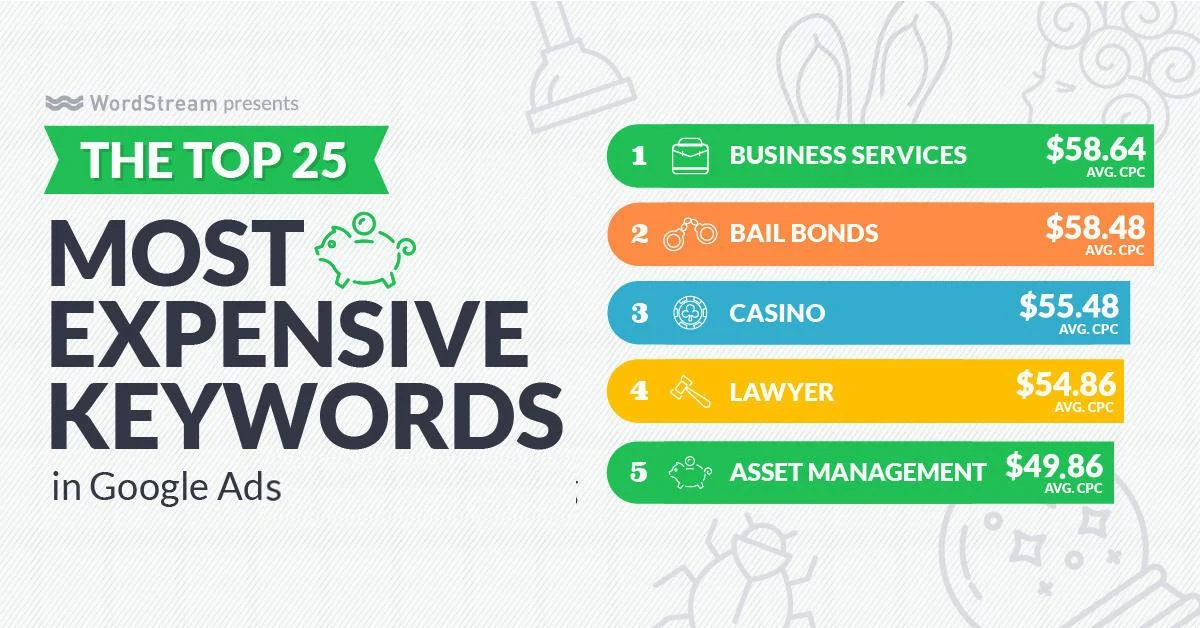
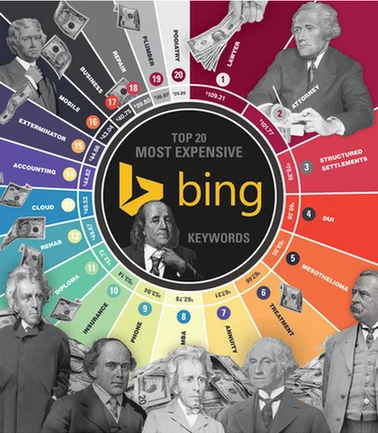
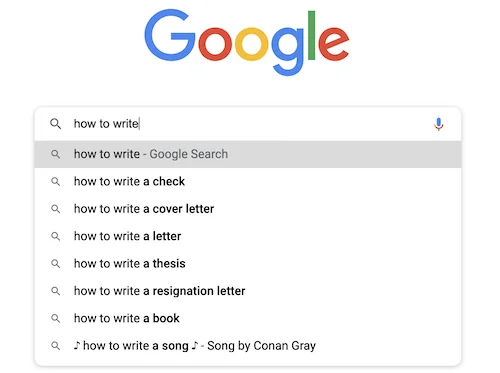
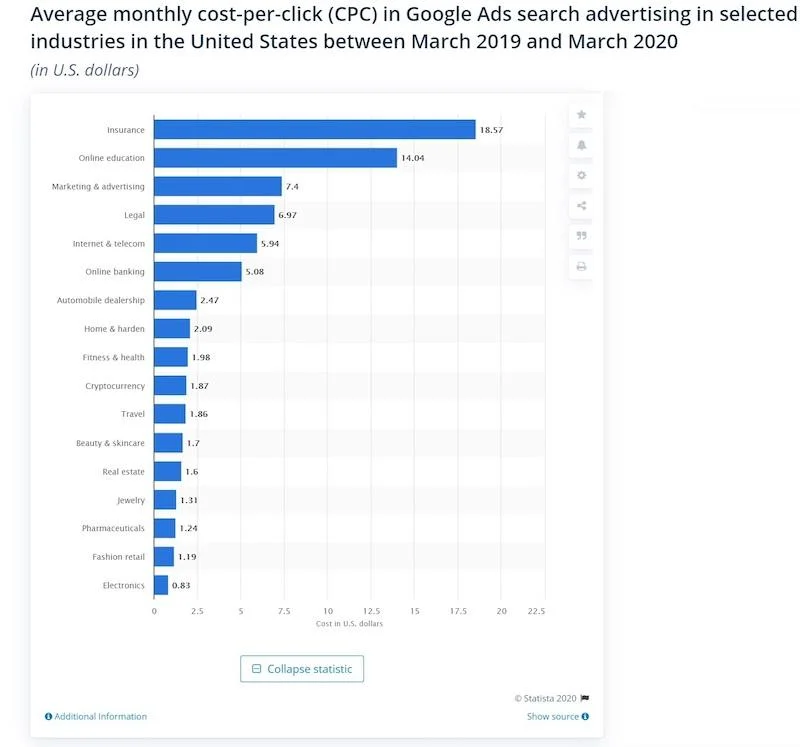
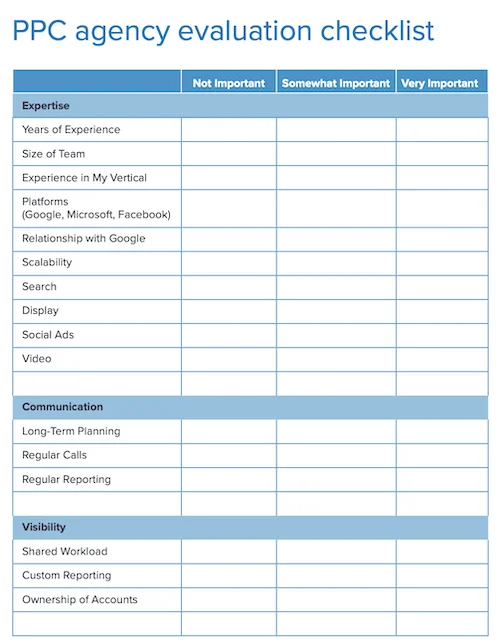






[…] lucrative platform for brands to get in front of new people and to get them to convert. Read More: Google Ads and Instagram Ads Whether this is your first foray into advertising on Facebook or you are looking […]
Comments are closed.